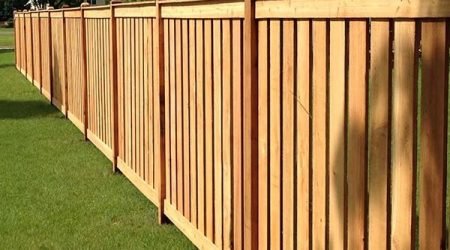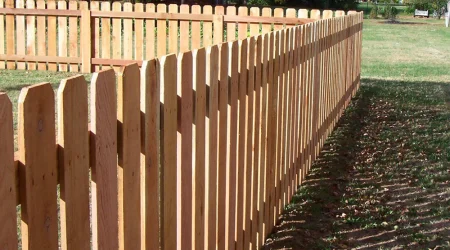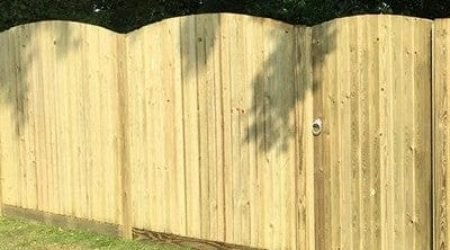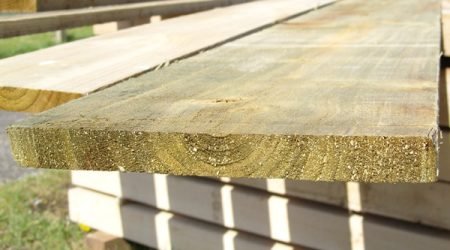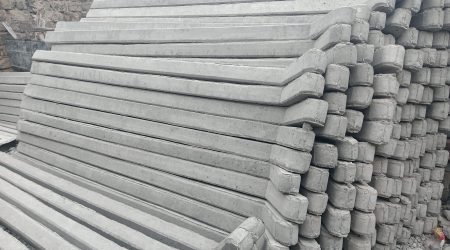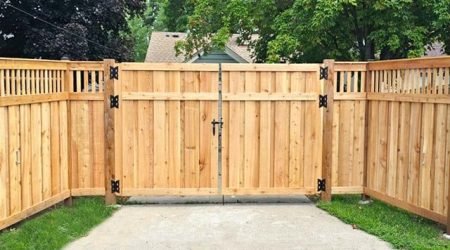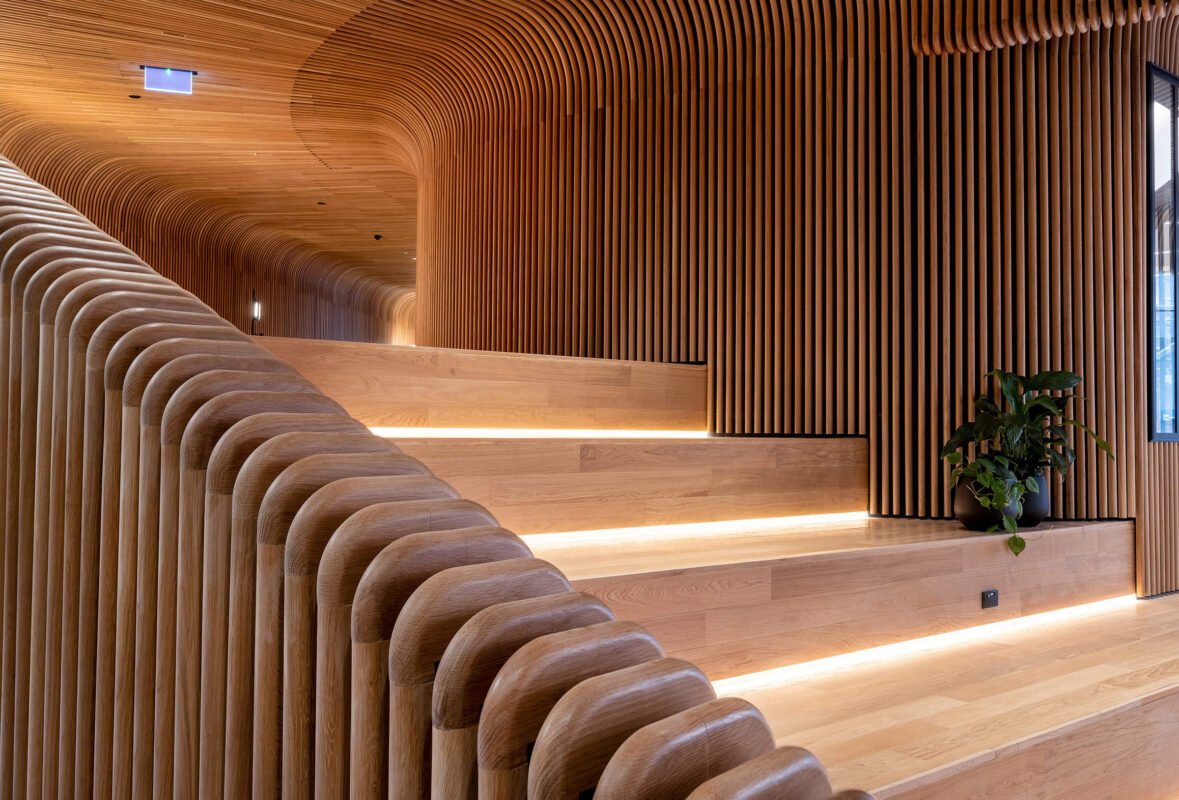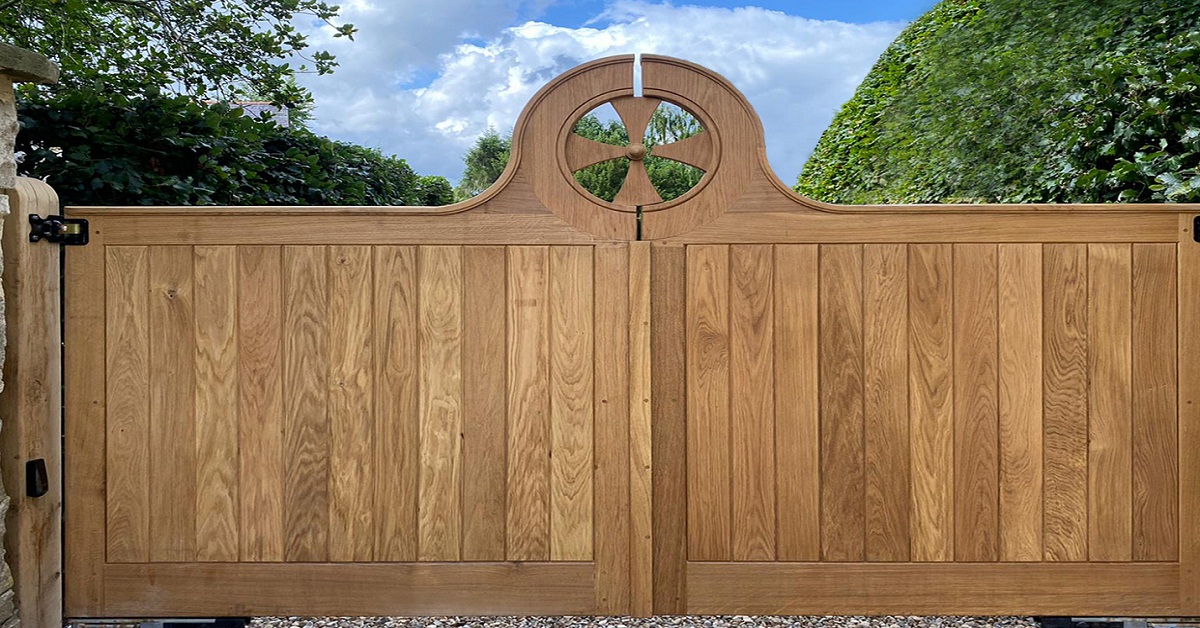Fencing gates are more than just an entryway; they are a statement of your home’s personality and a key component of your property’s security. In this guide, we will delve into the world of bespoke fencing gates, exploring their benefits, types, design considerations, and more. By the end, you’ll have a comprehensive understanding of how to choose, design, and maintain the perfect bespoke fencing gate for your home.
Table of contents
Understanding Bespoke Fencing Gates
What Are Bespoke Fencing Gates?
Bespoke fencing gates are custom-designed gates tailored to fit your specific needs and preferences. Unlike off-the-shelf options, these gates are made to measure, ensuring they perfectly complement your property’s style and dimensions.
Benefits of Choosing Bespoke Options
Opting for bespoke fencing gates offers numerous advantages. These gates provide a unique look that stands out, are crafted to your exact specifications, and often use higher-quality materials than standard gates. This customization enhances both the aesthetic appeal and functionality of your property.
Types of Bespoke Fencing Gates
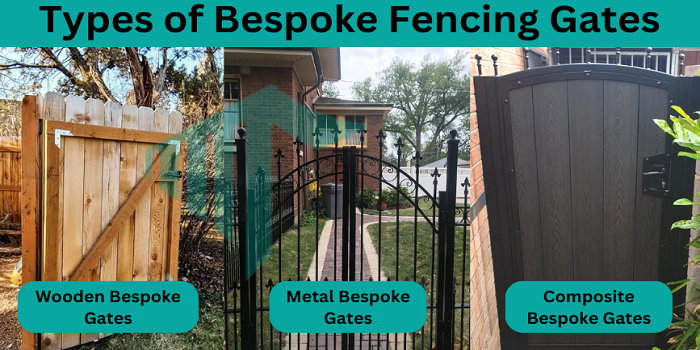
Wooden Bespoke Gates
Wooden gates offer a classic, timeless appeal and can be crafted from various types of wood, each bringing its own unique look and feel.Natural beauty, customizable, eco-friendly options available.
Requires regular maintenance, can be prone to weathering and pests.
Metal Bespoke Gates
Metal gates are known for their durability and strength. They can be made from materials like wrought iron, steel, or aluminum. Highly durable, low maintenance, excellent security.
Composite Bespoke Gates
Composite gates are made from a combination of materials, often wood fibers and plastic, offering the benefits of both. Low maintenance, resistant to rot and pests, versatile design options.
Designing Your Bespoke Fencing Gate
Factors to Consider
When designing your bespoke gate, consider the style of your home, your budget, and the primary function of the gate (e.g., privacy, security, aesthetic appeal).
Customization Options
From size and shape to materials and finishes, the customization options for bespoke gates are virtually limitless. You can choose intricate designs, add decorative elements, and select colors that match your home.
Incorporating Aesthetic Elements
Aesthetic elements such as decorative ironwork, artistic carvings, and personalized monograms can add a unique touch to your gate, enhancing your property’s curb appeal.
Materials for Bespoke Fencing Gates
Wood
Common choices include oak, cedar, and pine, each offering different levels of durability and aesthetic qualities. Regular sealing and staining can help protect wooden gates from the elements and extend their lifespan.
Metal
Wrought iron, steel, and aluminum are popular choices, each with its own benefits and drawbacks. Apply rust-resistant coatings and perform periodic inspections to prevent corrosion and ensure longevity.
Composite
Composite gates often use a blend of wood fibers and plastic, offering the look of wood with added durability. These gates require minimal maintenance, typically just occasional cleaning with soap and water.
Installation Process
Preparing Your Site
Before installation, ensure the site is properly prepared. This may involve leveling the ground, ensuring proper drainage, and marking the installation area.
Professional vs. DIY Installation
While DIY installation can save money, professional installation ensures the gate is correctly fitted and secure. Consider your skill level and the complexity of the gate when deciding.
Installation Tips
If you choose to install the gate yourself, follow the manufacturer’s instructions carefully, use the right tools, and consider seeking help for lifting heavy materials.
Maintenance and Care
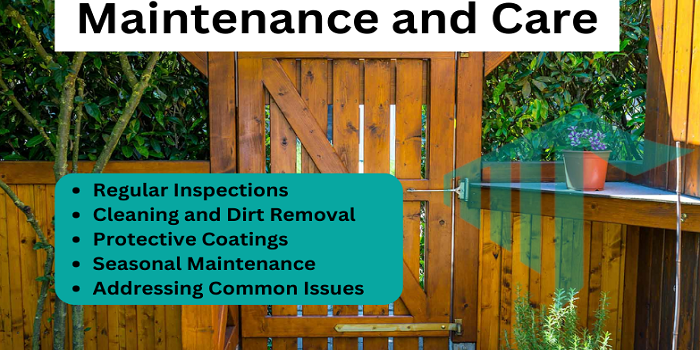
| Aspect | Explanation |
| Regular Inspections | Regularly inspecting your gate helps identify early signs of wear and tear, such as loose screws, rust spots, or minor cracks. Prompt repairs can prevent larger issues. |
| Cleaning and Dirt Removal | Cleaning your gate to remove dirt, debris, and grime is essential. Use a mild detergent and water to maintain its appearance and functionality, ensuring it operates smoothly. |
| Protective Coatings | Applying protective coatings like paint, sealant, or rust inhibitors can shield your gate from environmental damage, extending its lifespan and maintaining its aesthetic appeal. |
| Seasonal Maintenance | Different seasons require specific care. In winter, clear snow and ice to prevent structural damage. In summer, inspect for sun damage or warping, and take necessary preventative measures. |
| Addressing Common Issues | Promptly address common issues such as rust on metal gates, rot on wooden gates, and general wear and tear. Regular maintenance and timely repairs can prevent further deterioration. |
Conclusion
Bespoke fencing gates offer a perfect blend of functionality, security, and aesthetic appeal tailored to your specific needs. By choosing custom-made gates, you ensure a unique and high-quality addition to your property that not only enhances its look but also its value.
Read More Bespoke Fencing Gates Guide
FAQs
A bespoke fencing gate is a custom-designed gate made to fit specific requirements and preferences, ensuring a perfect match for your property’s style and dimensions.
Common materials include wood (oak, cedar, pine), metal (wrought iron, steel, aluminum), and composite materials that blend wood fibers and plastic.
Bespoke gates offer a unique look, tailored fit, and higher-quality materials, enhancing both the aesthetic appeal and functionality of your property.
Regular maintenance includes inspecting for wear and tear, cleaning, applying protective coatings, and addressing issues like rust or rot promptly to prevent further damage.


